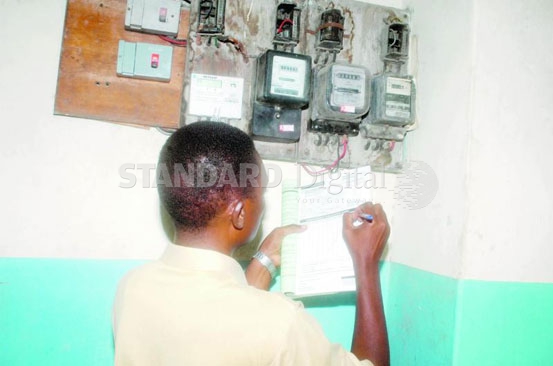×
The Standard e-Paper
Join Thousands Daily

Kenya Power has announced plans to install smart electricity metres in a race to cap soaring meter-reading costs and curtail fraud.
The firm has also said it will be offering temporary employment to about 500 college students that would be contracted as metre readers. Managing Director Dr Ben Chumo yesterday made the announcements, which the company hopes will also address customer complaints related to the use of estimated power consumption for billing.